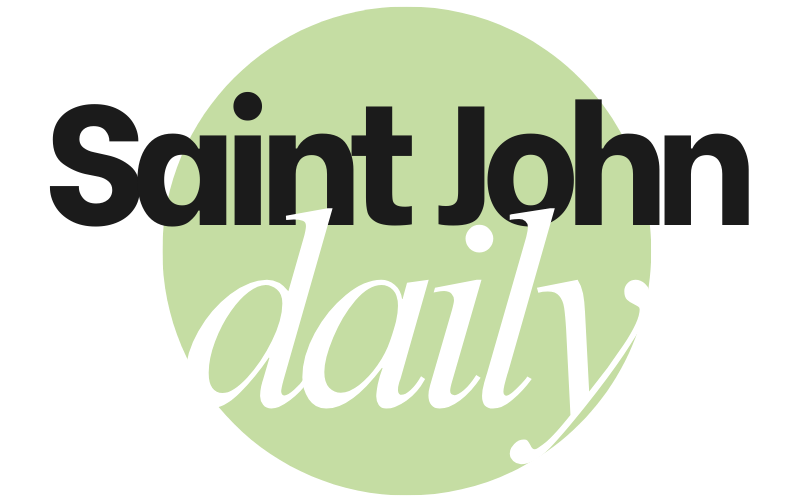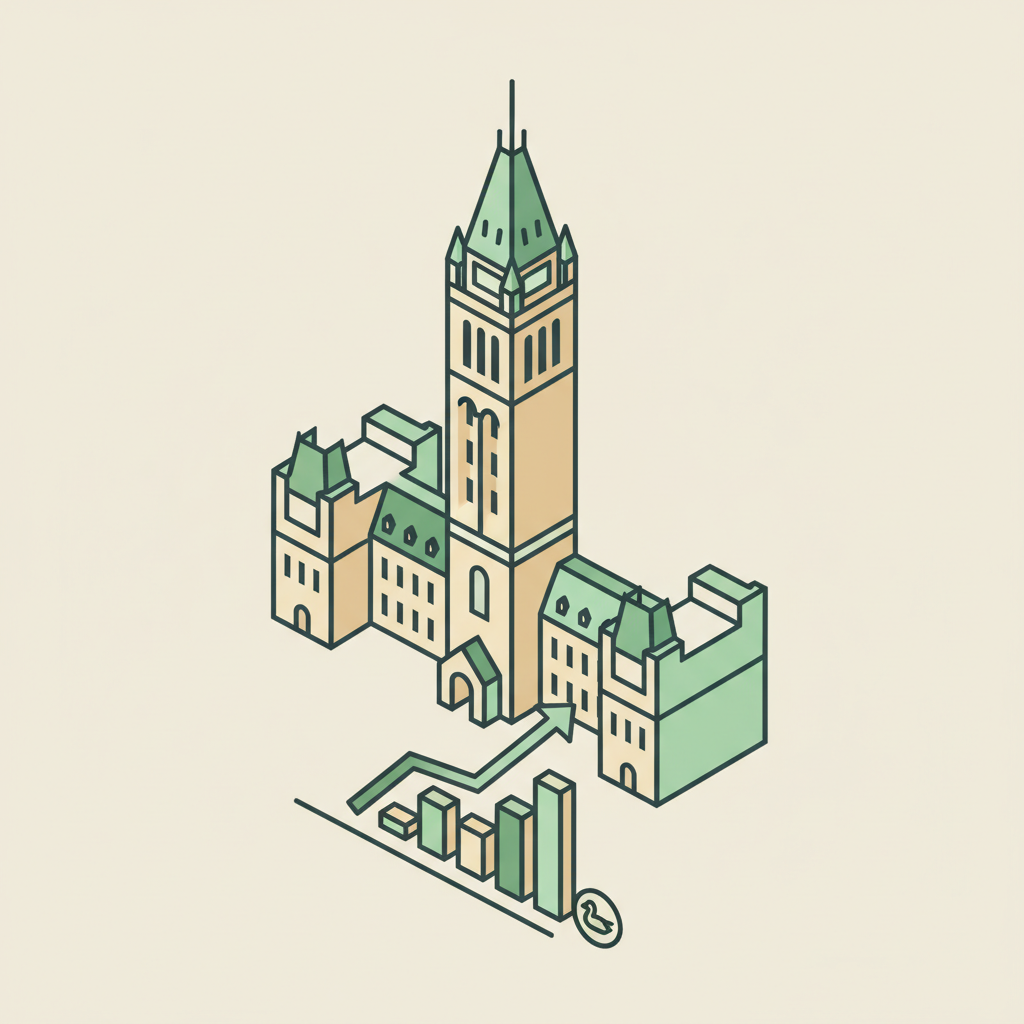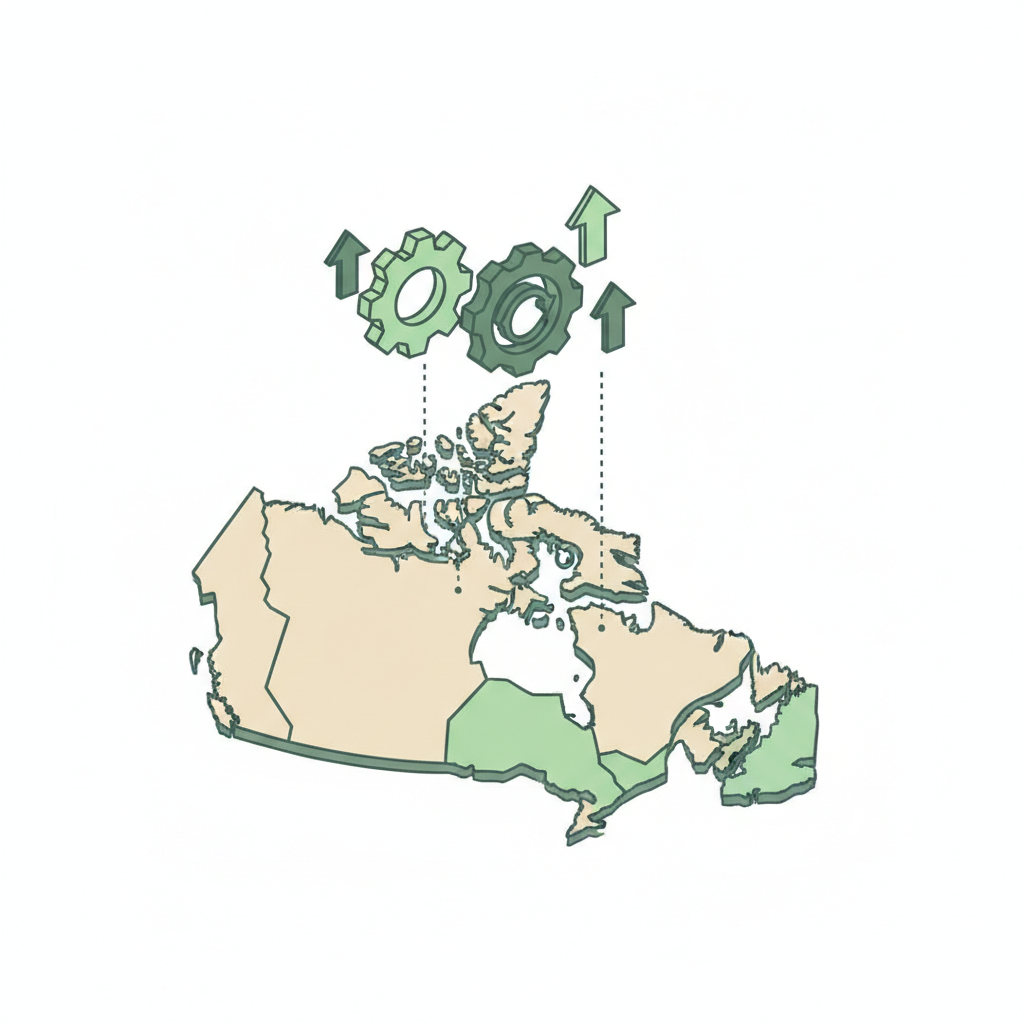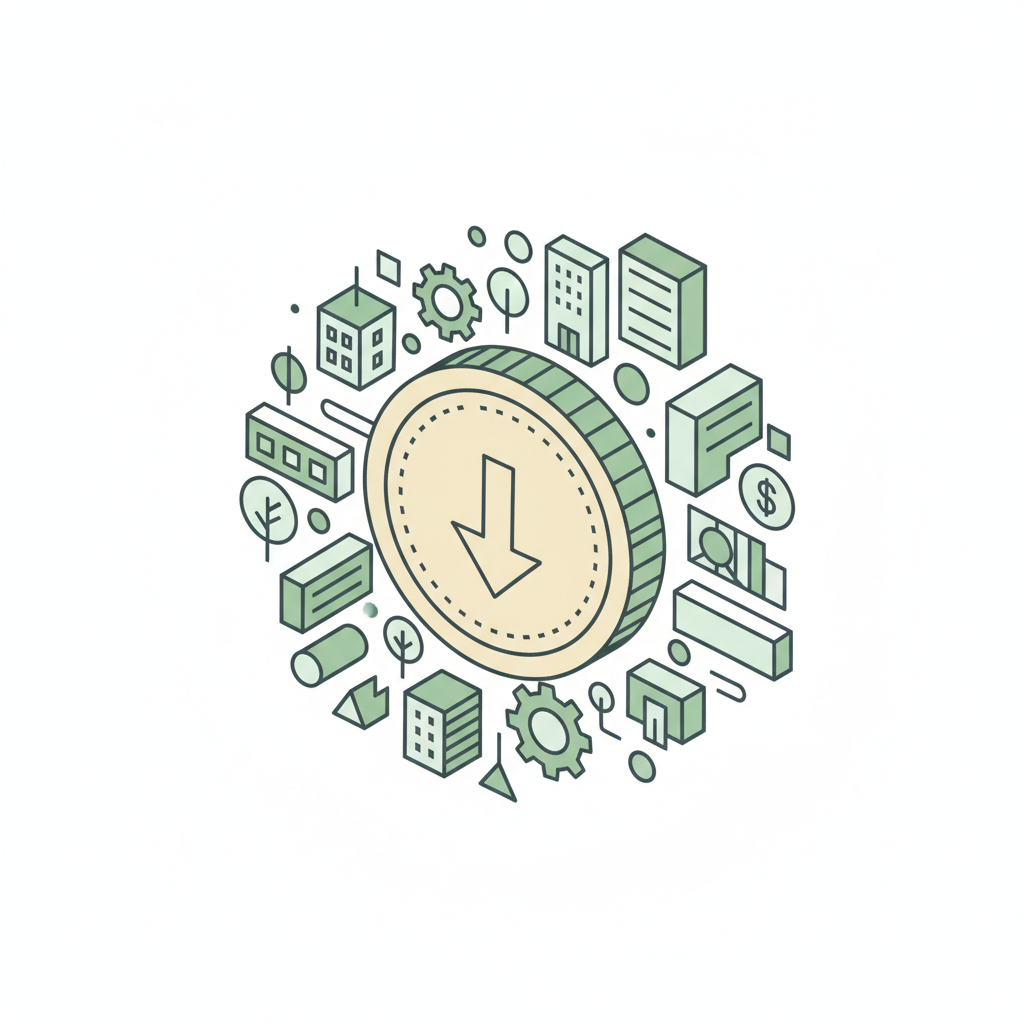Understanding Canada’s Economic Pulse: A Local Perspective
As autumn deepens in Saint John, New Brunswick, local businesses and residents are keenly watching national economic trends that directly impact our community. With the holiday season approaching, understanding the broader economic landscape, including interest rates and inflation, is crucial for planning and stability. The Bank of Canada plays a pivotal role in shaping these conditions, and an upcoming parliamentary appearance by its top officials is set to provide significant insights.
Key Economic Update from the Bank of Canada
On Wednesday, November 5, 2025, Governor Tiff Macklem and Senior Deputy Governor Carolyn Rogers of the Bank of Canada are scheduled to appear before the House of Commons Standing Committee on Finance in Ottawa. This appearance, taking place from 16:30 to 18:30 (Eastern Time), is a critical event where the Bank’s leaders will discuss the current state of the Canadian economy and monetary policy.
Just recently, on October 29, 2025, the Bank of Canada announced a reduction in its policy rate to 2¼%, a move that could influence borrowing costs and investment decisions across the country, including right here in Saint John. The latest Monetary Policy Report from October 2025 highlighted that Canada’s economy is navigating adjustments due to tariffs and a significant decline in export demand. This has led to increased costs, with total inflation hovering around 2% and underlying inflation at approximately 2½%.

Bank of Canada Governor Tiff Macklem.
What This Means for Saint John, NB
Impact on Local Businesses
For Saint John businesses, changes in the Bank of Canada’s policy rate can directly affect the cost of borrowing for expansion, inventory, or operational needs. A lower policy rate, as recently announced, generally translates to more affordable loans, potentially stimulating investment and growth. However, the mentioned higher costs due to global trade reconfigurations could still pose challenges, requiring businesses to adapt their pricing strategies and supply chains.
Effects on Residents and Consumers
Residents of Saint John will also feel the ripple effects. Mortgage rates, lines of credit, and other consumer loans are often tied to the Bank of Canada’s policy rate. A reduction can lead to lower interest payments for those with variable-rate mortgages, freeing up disposable income. Conversely, persistent underlying inflation at 2½% means that the cost of everyday goods and services continues to rise, impacting household budgets. The Bank’s discussions will offer clues on future rate decisions and their approach to managing inflation, which are vital for personal financial planning.
Stay Informed
The Governor’s opening statement will be made public on the Bank of Canada’s website at 16:30 ET on November 5, 2025, and a webcast of the appearance will be available on the Parliament of Canada’s website. Keeping an eye on these developments is essential for anyone in Saint John looking to understand the economic forces at play. For more details on this upcoming appearance, you can visit the Bank of Canada’s official announcement.
Frequently Asked Questions
Q: What is the Bank of Canada’s primary role?
A: The Bank of Canada is the nation’s central bank, responsible for conducting monetary policy to keep inflation low and stable, promoting a safe and efficient financial system, and issuing Canada’s bank notes.
Q: How do interest rate changes affect me in Saint John?
A: Changes in the Bank of Canada’s policy interest rate influence the rates offered by commercial banks. This affects the cost of borrowing for mortgages, car loans, and business loans, as well as the returns on savings and investments.
Q: What is inflation and why is it important?
A: Inflation is the rate at which the general level of prices for goods and services is rising, and subsequently, purchasing power is falling. The Bank of Canada aims to keep inflation at 2% to maintain economic stability and predictability for consumers and businesses.
Q: Where can I find more information about the Canadian economy?
A: The Bank of Canada’s website (bankofcanada.ca) is a comprehensive resource for economic data, reports, and announcements, including the Monetary Policy Report and press releases on interest rate decisions.




0 Comments